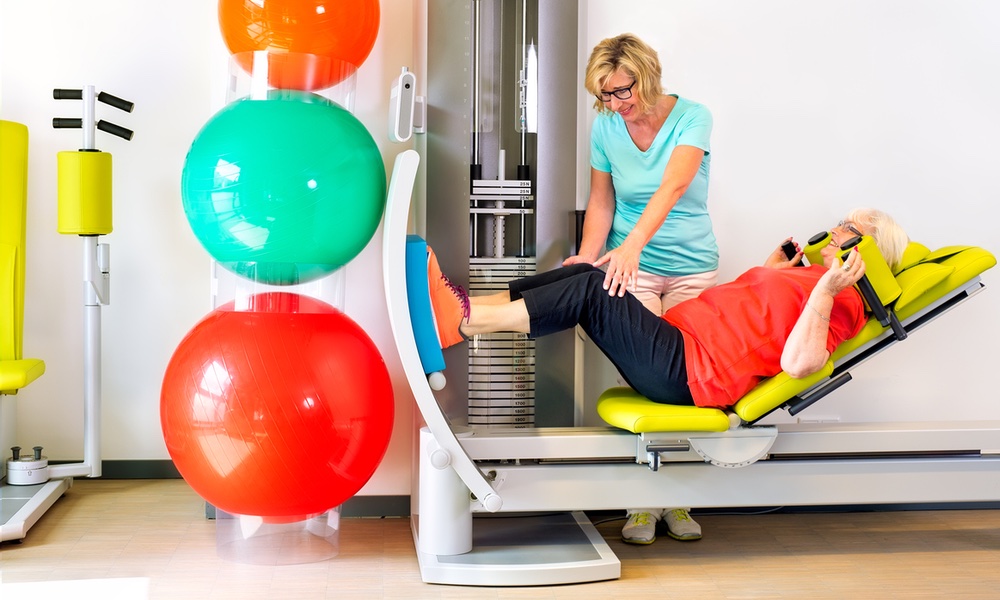Vitamin D supplements' usefulness in helping your body fight COVID-19 is currently a topic of great interest. Some scientists believe that vitamin D may reduce serious complications from the infection, while other researchers question the notion.
Often called the sunshine vitamin, vitamin D is made in the skin when we are exposed to sunlight. Its best-known role is helping calcium get into the bones to help prevent osteoporosis, but it has another important function. Vitamin D can strengthen the immune system, including the immune pathways involved in fighting COVID-19.
Researchers from Trinity College Dublin and the University of Liverpool analyzed the results of every European adult population study that measured vitamin D levels completed since 1999 and compared those levels to death rates from COVID-19.Low levels of vitamin D are most common in the elderly, the obese, nursing home residents and hospitalized patients.
Spain and Northern Italy, typically sunny countries, had high rates of vitamin D deficiency, the researchers found, and these countries have had some of the world’s highest infection and death rates from the virus.
Public health policies in these countries are likely also to have affected infection rates, but having adequate levels of vitamin D in your body could help reduce the risk of serious complications from COVID-19. The vitamin is central to the regulation and suppression of the inflammatory cytokine response. This “cytokine storm” is responsible for many of the severe consequences of the virus, including those associated with the need for mechanical ventilation and death.
Vitamin D deficiency is a major public health issue worldwide, and in the United States it is more prevalent than ever before. Low levels of vitamin D are most common in the elderly, the obese, nursing home residents and hospitalized patients. About 35 percent of U.S. residents are deficient in the vitamin, but deficiency is present in about 60 percent of seniors.
“In England, Scotland and Wales, public health bodies have revised recommendations since the COVID-19 outbreak. Recommendations now state that all adults should take at least 400 IU vitamin D daily,” said researcher, Rose Anne Kenny of Trinity College Dublin, in a statement. “Whereas there are currently no results from randomized controlled trials to conclusively prove that vitamin D beneficially affects COVID-19 outcomes, there is strong circumstantial evidence of associations between vitamin D and the severity of COVID-19 responses, including death.”
The study is published in the Irish Medical Journal.





